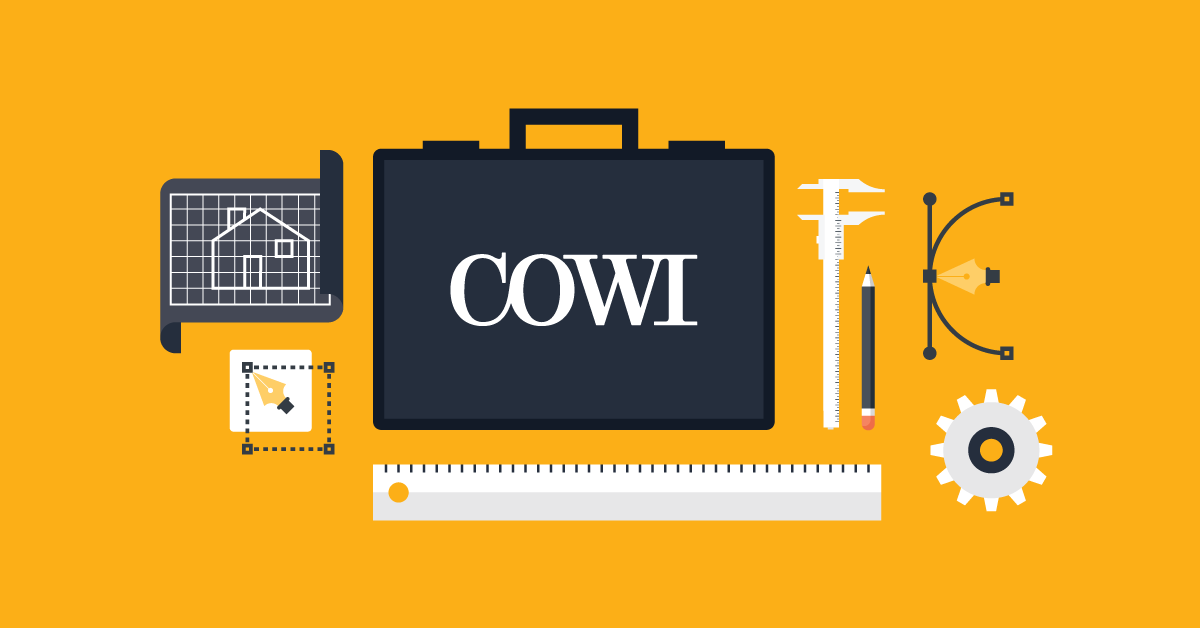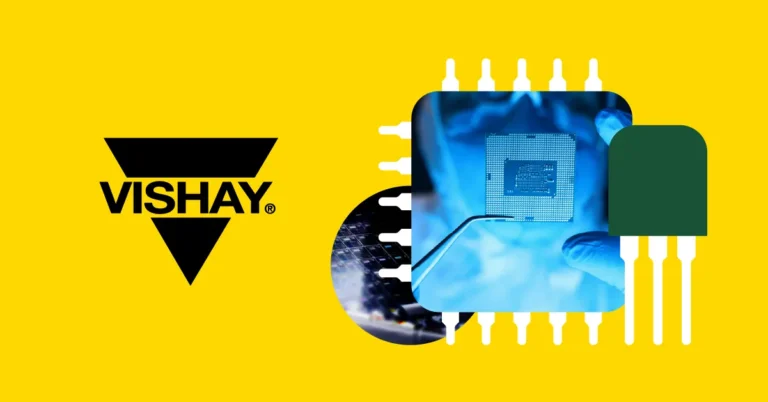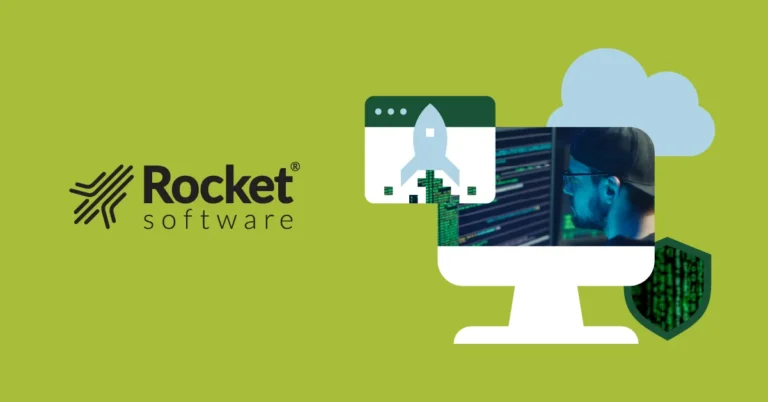Having completed the first development stage of its Lithuanian service centre last autumn, Danish engineering consultancy COWI is now recruiting for 50 new specialist positions as part of an ambitious expansion plan.
COWI Lietuva, the Lithuanian branch of the company, has grown substantially in both its size and in the scope and complexity of its activities over the past three years. The Vilnius office is now responsible for graphic design for the entire COWI group, which employs 6,200 engineering specialists all over the world. COWI Lietuva also provides vital IT, finance and HR services for the company. As its functions have grown, so too have its premises, with a substantial renovation and expansion of its Vilnius office completed last autumn.
COWI Lietuva’s director general, Algirdas Vaškelis, told business journal VŽ that COWI’s Lithuanian employees made a strong impression on head office, resulting in them being given more creative and challenging tasks, as well as more responsibility. COWI Lietuva’s designers are now responsible for all the graphic design used by the company internally, while the office’s IT team works on global projects and its finance specialists develop new accounting systems.
The Danish company’s ongoing confidence in its Lithuanian operations is clear. It has now invested a total of €1.17 million in the Vilnius service centre, of which €180,000 was EU funding. And it plans to add to its current staff levels of 150 by creating another 50 positions for skilled designers and developers. These new jobs will be shared across COWI Lietuva’s service centre and its engineering division.
According to Mr Vaškelis, providing both shared services for the whole company and engineering services for regional projects makes the Vilnius office unusual. “At the moment our company is somewhat unique,” he explains, “as both the service centre and direct business activities are accommodated under one roof. So there are challenges in combining the interests of both.”
Engineering projects from Sweden to Saudi Arabia
Alongside the expansion of the service centre, COWI Lietuva also intends to widen its core engineering activities. “We want to contribute more to the work of the entire group, with engineers from Lithuania involved in more projects globally”, said Mr Vaškelis.
Engineers in the Vilnius office are already responsible for a number of major international projects. One of the most important is a design for the transport infrastructure of Gothenburg, Sweden’s second largest city. They are also expected to be involved in a major infrastructure design project for the city of Mecca in Saudi Arabia that COWI group is undertaking. Among COWI’s many projects in progress in Lithuania, the most substantial is the Quadrum Business Centre and police headquarters in Klaipėda.
On the lookout for engineers and IT specialists
With such ambitious plans in place, COWI Lietuva is now driving recruitment, especially for design engineers. Mr Vaškelis hopes that the company’s development can boost the profile of engineering in Lithuania. “The profession of design engineer is undervalued, and it deserves a higher profile. We always know who builds roads and buildings, but hardly ever who the engineer is. Although both an IT specialist and an engineer work in similar ways, for some reason IT is “cool” while we seem not to know what an engineer’s job really is,” he pointed out.
With an ever increasing number of projects, finding the right engineers and IT specialists is crucial for COWI Lietuva going forward. “If all of our plans for projects and collaborations come through, this (recruitment) will be our biggest challenge,” explains Mr Vaškelis.
Yet he is confident the company’s ability to provide its employees with creative, exciting work will enable it to find and retain the experts it needs. The company’s horizontal management model and Scandinavian working culture also make it an attractive employer.
Reaping the rewards
The latest expansion plans are partly thanks to impressive growth in 2015. Last year COWI Lietuva’s revenue increased by one fifth to €4.6 million, up from €3.8 million in 2014. For Mr Vaškelis, this growth was the result of key achievements in previous years. “We had an excellent year in 2015. I believe that what we had achieved in previous years in terms of business optimisation and changes to our structure laid the foundation for these results. The establishment of the centres was also beneficial. So last year we reaped the fruits of our previous work.”
Source: Verslo žinios













